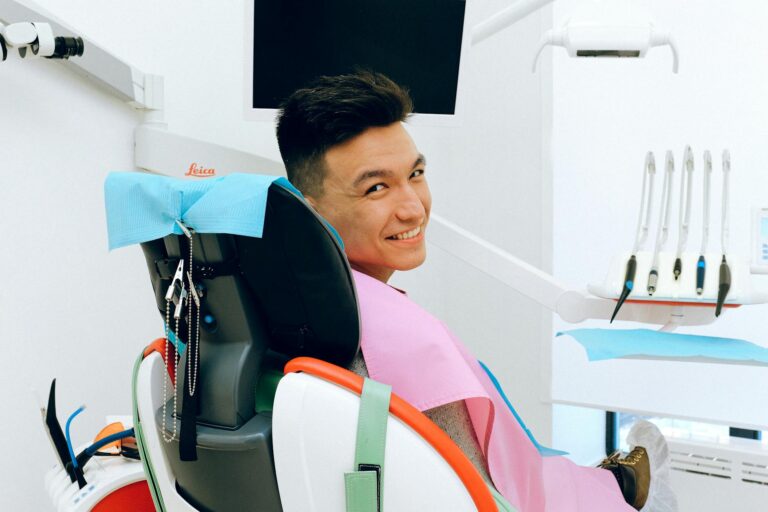a loved one
Alzheimer’s disease is a progressive and debilitating brain disorder that affects millions of people worldwide. It is the most common form of dementia, accounting for 60-80% of all cases. As the disease progresses, it can lead to memory loss, confusion, and changes in behavior and thinking. One of the most challenging aspects of Alzheimer’s disease is the confusion that it causes in patients. For those who have a loved one with Alzheimer’s, navigating this confusion can be overwhelming and emotionally draining. However, there are ways to gently remind and reorient your loved one to help ease their confusion and make daily life more manageable for both of you.
Understanding Alzheimer’s Confusion
Alzheimer’s confusion is a result of the damage that the disease causes to the brain. As the disease progresses, the brain’s neural connections become disrupted and eventually break down. This disruption can lead to difficulties in processing information and remembering familiar people, places, and things.
In the early stages of Alzheimer’s, confusion may manifest as forgetfulness or difficulty following conversations. However, as the disease progresses, it can lead to more significant challenges, such as not recognizing familiar faces or becoming lost in familiar surroundings.
The Role of Caregivers
For those with loved ones experiencing Alzheimer’s confusion, being their primary caregiver can be emotionally and physically demanding. Caregivers play a crucial role in supporting their loved ones and helping them navigate their confusion.
As a caregiver, it is essential to remember that Alzheimer’s disease affects each person differently. Your loved one’s confusion may vary from day to day or even hour to hour. Understanding this can help you adapt your caregiving techniques and provide the necessary support for your loved one.
Gently Reminding and Reorienting
One of the most effective ways to manage Alzheimer’s confusion is through gentle reminders and reorientation techniques. These techniques involve providing reminders to your loved one about their surroundings, daily routines, and important information.
Here are some practical tips for gently reminding and reorienting your loved one:
1. Use visual cues: People with Alzheimer’s often respond well to visual cues, such as pictures or written notes. You can use these to remind your loved one of their daily routines or important information. For example, you can leave a note on the fridge reminding them to take their medication or place a picture of their family on their bedside table to help them feel more connected.
2. Avoid correcting and arguing: It can be challenging to see your loved one struggling with confusion, but it is essential to avoid correcting or arguing with them. Instead, try to redirect the conversation or change the subject. Remember that their reality may be different from yours, and it is essential to validate their feelings rather than trying to convince them otherwise.
3. Use familiar objects and routines: Routines and familiar objects can provide comfort and stability for those experiencing Alzheimer’s confusion. Try to maintain a consistent daily routine for your loved one, and use familiar objects to help them with tasks. For example, you can place a toothbrush in their hand to remind them to brush their teeth.
4. Be patient and calm: It is crucial to be patient and remain calm when your loved one is feeling confused. Getting frustrated or agitated may only worsen their confusion and make it more challenging for them to regain their orientation. Take deep breaths, speak slowly and calmly, and use reassuring gestures to help them feel at ease.
5. Utilize technology: In this digital age, there are various technological tools that can assist in managing Alzheimer’s confusion. For example, there are reminder apps that can be programmed with daily tasks or important appointments. There are also tracking devices that can help locate a loved one if they become lost.
Final Thoughts
Alzheimer’s confusion can be daunting for both the affected individual and their caregivers. However, by using gentle reminders and reorientation techniques, you can help your loved one feel more comfortable and less confused. Remember to be patient, understanding, and adaptable as each person’s experience with Alzheimer’s is unique. Additionally, seek support from other caregivers and reach out to resources in your community for additional assistance. Together, we can navigate through the challenges of Alzheimer’s with compassion and understanding.





